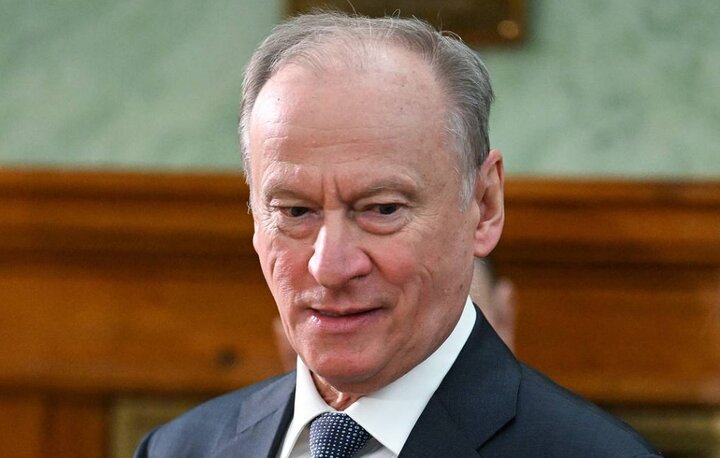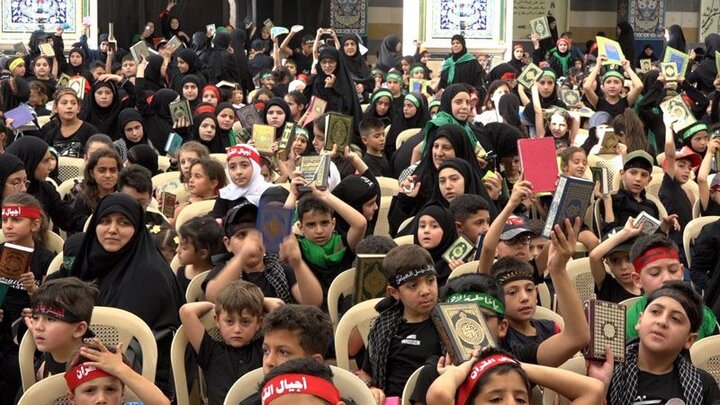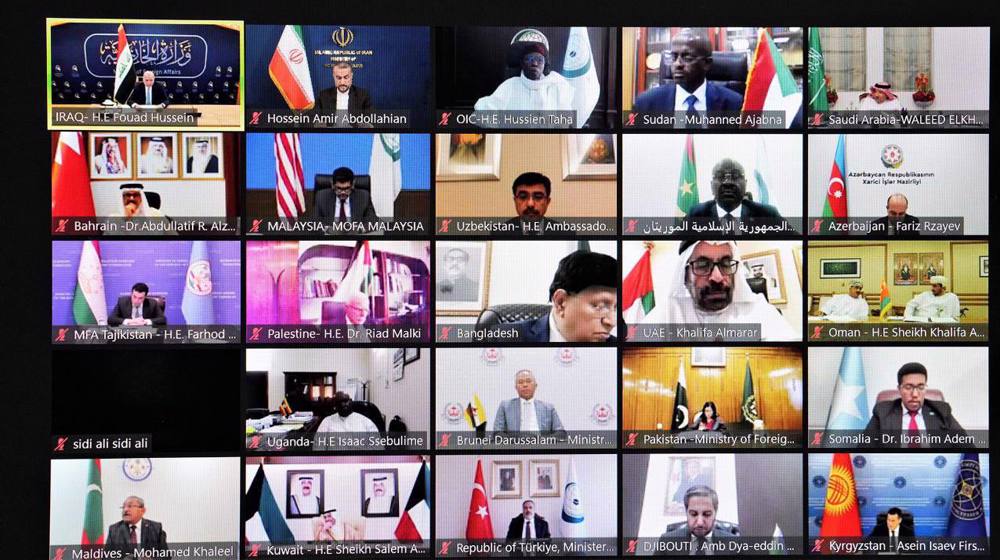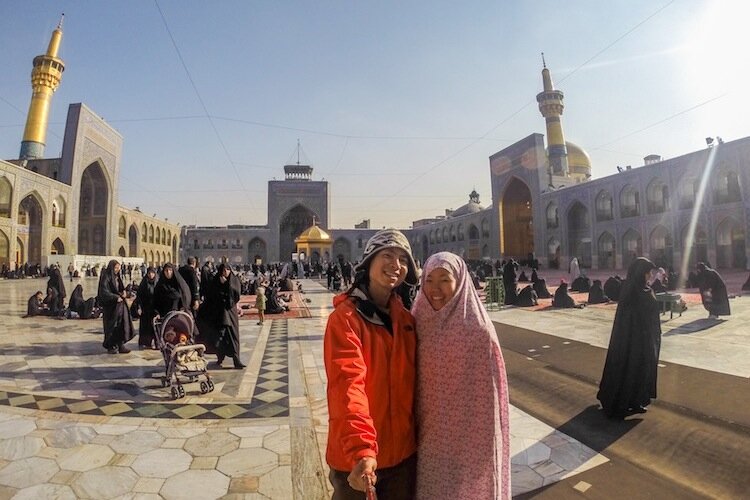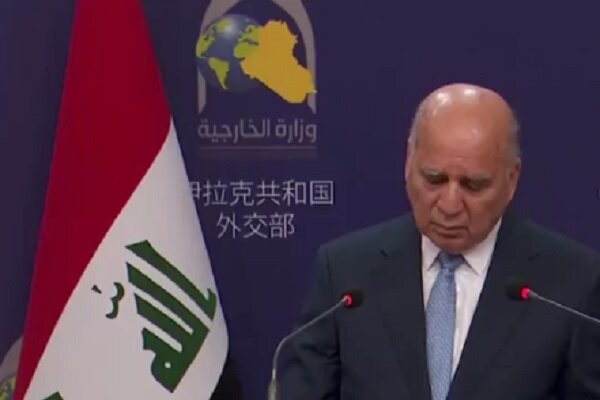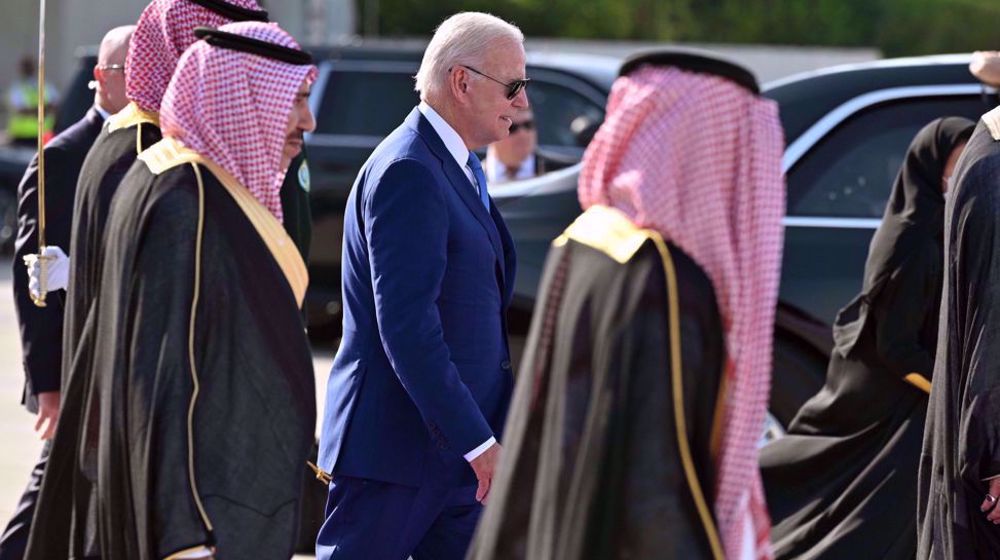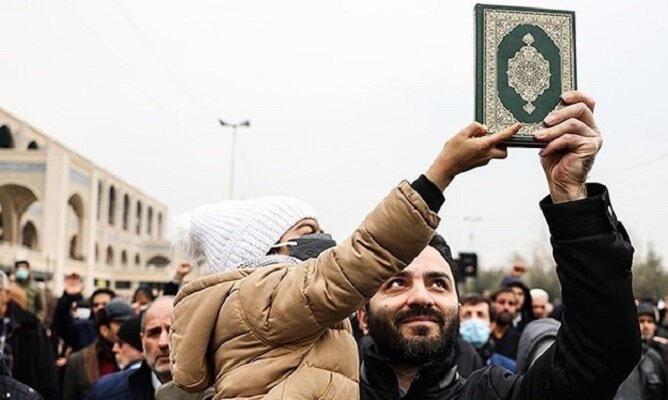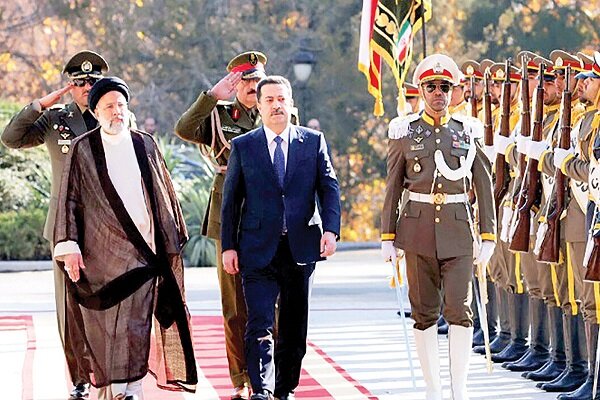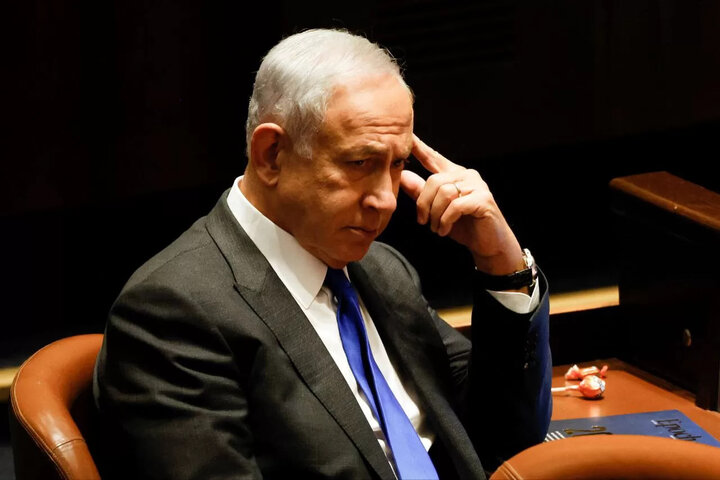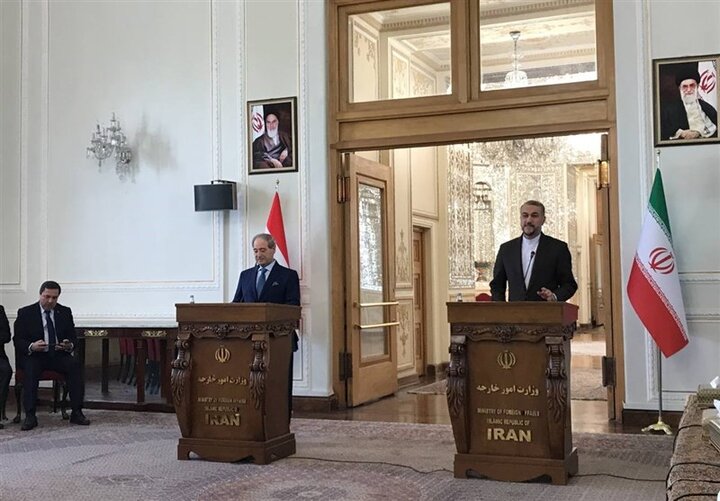Source: Al Mayadeen English
Israeli Prime Minister, Benjamin Netanyahu, is said to have been invited to the White House during a phone call with US President, Joe Biden, following an unusually long delay. Set to occur in September, the visit could indicate what plans the American government has in place to deal with its Zionist ally.
The Prime Minister of the Zionist Entity, Benjamin Netanyahu, has only just received a half-baked invitation to visit the US Capitol, after seven months of being in power. In contrast, Israeli President Isaac Herzog was invited for his second visit in under a year and even allowed to give a speech in front of a joint session of Congress. What is indicated by the behavior of the regime in Washington, is that the current Israeli administration represents a pivot from the traditional path intended for it by its elder American advisor.
Netanyahu’s administration has been called out, even by US President Biden, as being “the most extreme” in the Zionist Entity’s history. A large focus has been placed upon the current far-right Israeli coalition ministers, Bezalel Smotrich and Itamar Ben-Gvir, presenting them as the primary problem that is creating all of the issues and hence a schism between the US and “Israel”. The reality, however, is that the primary issues for the US when it analyzes the condition of the current Israeli regime, are its stability and its image.
As of last year, the Israeli occupation military’s Chief of Staff has been Herzi Halevi, a West Bank settler. In addition to this, the ruling Likud Party of PM Benjamin Netanyahu has contained within it illegal West Bank settlers and extremist ideologues for some time. This information is crucial, because it indicates that the US government has been okay with West Bank settlers - which its official policy position opposes - in addition to hardline extremists, occupying prominent positions inside the Zionist Entity. Last year when the occupation forces assassinated veteran Al-Jazeera journalist, Shireen Abu Akleh, a US-citizen, there was no major reaction against the occupying entity, in fact, the State Department helped in whitewashing the murder and allowing for the Israeli regime to get away with it.
The problem with the extremists in the current Netanyahu regime is that they go about their business in a rash way that is counterintuitive to the Zionist goal of eliminating the Palestinian national cause. When Israeli PM Netanyahu seeks to crush Palestinian resistance, undermine the political viability of the Palestinian cause through normalizing ties with Arab regimes and wants to expand illegal settlements inside the West Bank, he is now prevented from doing so in a tactical manner, as was the case in the past. When Smotrich and Ben-Gvir open their mouths, they ruin the veneer of a rational policy towards the Palestinian people and the region, instead endorsing pogroms and ethnic cleansing in the vernacular of the Ku Klux Klan. This presents a problem for the United States, because they present the Zionist regime as a “liberal Western democracy” and the “only democracy in the Middle East”, something that is contradicted by the outward attitudes of religious extremists running the regime.
The Religious Zionism alliance, the third most voted-for party in the entity and the second most powerful in Benjamin Netanyahu’s coalition, is now able to call many of the shots. If Netanyahu does not listen to the Religious Zionism ministers under him, he risks the collapse of his coalition, at a time when polls indicate that his Knesset opposition rival, Benny Gantz, would gain more seats in any upcoming election. When it comes to rushed openly extremist policies towards the Palestinians, whether in the West Bank, Gaza, occupied Jerusalem or al-Naqab, Netanyahu has to go along with things to an extent, as he does with the controversial legal system reforms.
The legal system overhaul bills, one of which could be passed by the Israeli Knesset as soon as next week, are a major issue for the US Biden administration for two reasons; firstly, this leads to a change in the nature of the Zionist regime, and, secondly, the response to these reforms severely weakens the occupying Entity. As mentioned above, the US prides its partnership with the Zionist regime as being based upon “shared values”, which essentially means for them that “Israel” runs under the liberal Western dedemocraticystem. If given their way, the extremist Jewish ideologues in the current regime, will seek to introduce policies to change the liberal leanings of the regime, this is something frequently voiced by the Israeli protest movement that has taken to the streets for 28 straight weeks, that they fear living in a theocracy. There are also many Zionists in the US that are afraid of their version of the Zionist dream fading into a theocratic model, which will certainly be applying pressure on the Biden administration.
Other than ideology, however, the elephant in the room here is the potential economic and security burdens that the legal system overhaul has on the Zionist regime itself. Not only has the Histradrut - the Israeli labor union - threatened widespread strike action, but demonstrators have grown more daring, resulting in violent clashes and the blockading of roads, all inflicting economic damage on the settler-colonial regime. Then there are the divisions inside the Jewish society, the hundreds of reservist pilots, and others from within different branches of the Israeli military, that have chosen to boycott their jobs. All of this comes at a time when the Palestinian resistance in the West Bank is continuing to rise and tensions are flaring up around the Lebanese border.
It is clear that US President Joe Biden is not in the slightest concerned with the Palestinian people, Israeli fascists running the occupying regime, or even the murder of and assaults on US citizens in occupied territory. The challenge has become about how the US can maintain the very existence of the Zionist Entity, which seems to be paving its way toward its own demise.
Many analysts who are looking at the situation between Netanyahu and Biden are concerning themselves with the alleged freeze that the Israeli PM stated is in place on settlement expansion in the occupied West Bank. This is not even worth bringing up, the truth is that the US fully backs settlement expansion in all but words, so when the Israelis announce new settlements before the end of the year, it will not create any significant issues.
The problem in the current US-“Israel” relationship is down to image and stability, both of which the Americans have played the biggest role in destroying, due to their “unconditional support” model for the Israelis. Joe Biden describes himself as a Zionist openly, it is clear that the occupation army can murder US citizens without consequence and that Washington will go to work to cover up for them, so they have never once attempted to slow down the inevitable. The Zionist regime has been on a journey, traveling towards the extremist fanatics that now have a hold on the way that the coalition functions and the Israeli society itself is a fanatical one; at no point have the US jumped in to prevent this in any significant way. If the regime of Benjamin Netanyahu is going to be saved, it will likely have to be helped along by the US to continue; however, if the Biden administration is looking to influence a change in coalitions, it may end up snubbing Netanyahu further.


